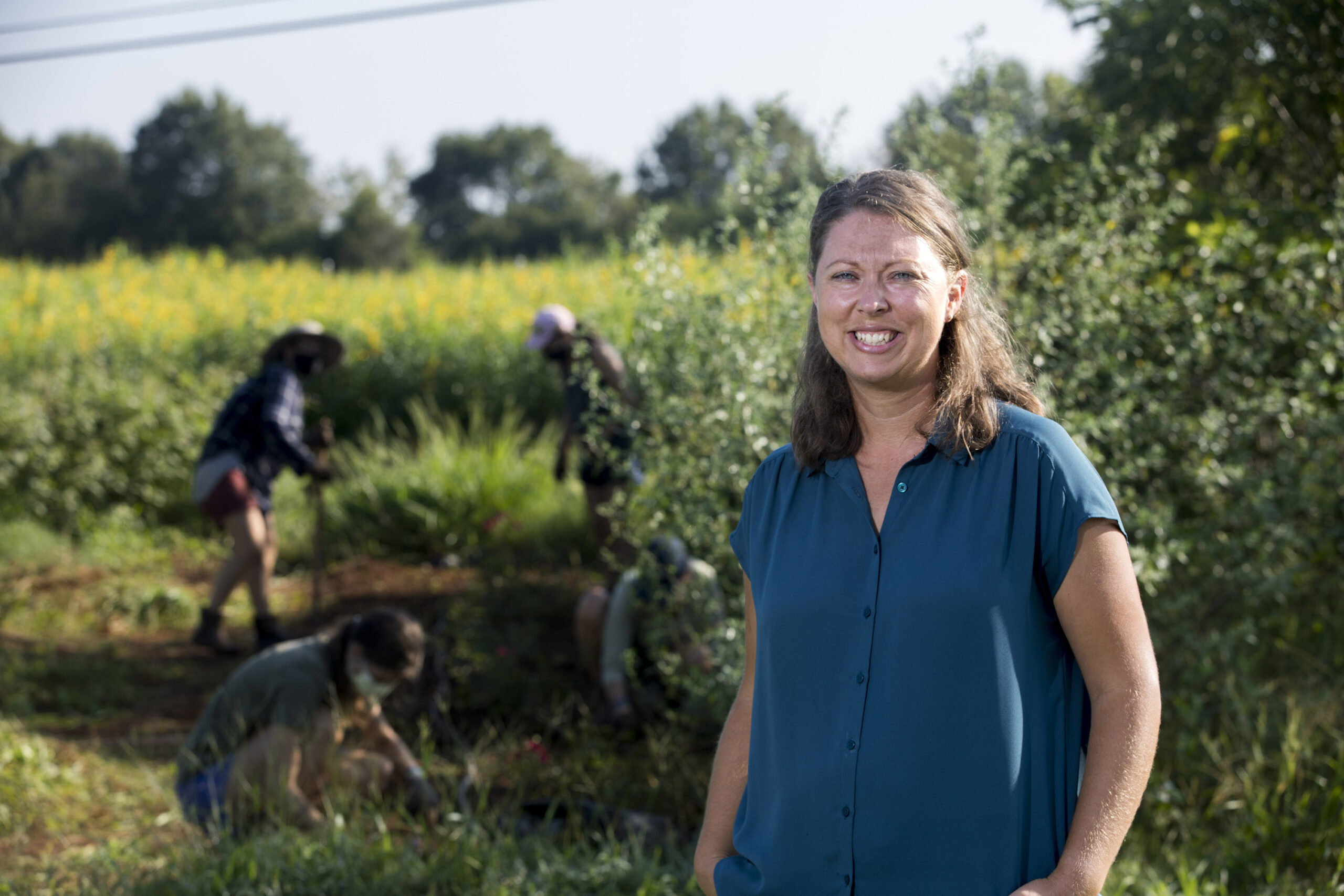Report on Norwalk Community Initiatives and Alignment with Sustainable Development Goals
Executive Summary
This report details the strategic implementation of community-focused projects within Norwalk, analyzing their direct contributions to the United Nations’ Sustainable Development Goals (SDGs). The initiatives prioritize holistic development, integrating economic, social, and environmental objectives to foster a resilient and equitable urban environment. The core mission is to create a sustainable community model that aligns with the global 2030 Agenda for Sustainable Development, with a particular focus on enhancing quality of life, promoting inclusive growth, and ensuring environmental stewardship.
Core Objectives and SDG Integration
The Norwalk revitalization strategy is built upon a multi-faceted approach designed to address complex urban challenges through the lens of the SDGs. The primary objectives are systematically linked to specific global goals, ensuring that local actions contribute to a broader international framework for sustainable development.
Key Project Pillars:
- Economic Empowerment: Fostering local enterprise and creating stable employment opportunities.
- Social Inclusion: Ensuring access to affordable housing, quality education, and public health services for all residents.
- Environmental Resilience: Developing green infrastructure and promoting sustainable consumption and production patterns.
Detailed Analysis of SDG Contributions
Fostering Decent Work and Economic Growth (SDG 8) and Reducing Poverty (SDG 1)
Economic initiatives are central to the project, aiming to build a vibrant local economy that provides equitable opportunities. By supporting small businesses and investing in workforce development, the program directly addresses SDG 1 (No Poverty) and SDG 8 (Decent Work and Economic Growth).
- Support for Local Entrepreneurs: A micro-grant program was established to provide seed funding for local startups, resulting in the creation of new jobs and services within the community.
- Vocational Training: Partnerships with local colleges provide skills training in high-demand sectors, increasing employability and income potential for residents.
- Fair Wage Policies: All projects funded under this initiative are required to adhere to fair wage standards, ensuring that economic growth benefits all segments of the population.
Building Sustainable Cities and Communities (SDG 11) and Reducing Inequalities (SDG 10)
The project places significant emphasis on creating an inclusive and safe urban environment, which is the core of SDG 11 (Sustainable Cities and Communities). These efforts are intrinsically linked to SDG 10 (Reduced Inequalities) by ensuring equitable access to essential services and opportunities.
- Affordable Housing: Development of mixed-income housing units to combat residential segregation and ensure housing security for low-income families.
- Improved Public Spaces: Upgrading public parks and community centers to provide safe, accessible, and inclusive spaces for recreation and social interaction.
- Accessible Transit: Enhancing public transportation routes and infrastructure to connect residential areas with commercial and employment hubs, improving mobility for all citizens, including those with disabilities.
Promoting Environmental Sustainability and Climate Action (SDG 7, SDG 13, SDG 15)
Environmental stewardship is a foundational component of the Norwalk initiatives, addressing critical goals related to energy, climate, and biodiversity.
- Affordable and Clean Energy (SDG 7): New construction and retrofitting projects incorporate renewable energy solutions, such as solar panels, to reduce reliance on fossil fuels and lower energy costs for residents.
- Climate Action (SDG 13): The creation of green infrastructure, including urban forests and permeable surfaces, helps mitigate the urban heat island effect and manage stormwater, building resilience to climate change.
- Life on Land (SDG 15): The restoration of local ecosystems and the development of green corridors enhance urban biodiversity and protect natural habitats.
Conclusion and Future Outlook
The Norwalk community projects serve as a powerful example of how local-level planning and action can effectively advance the global Sustainable Development Goals. By embedding the principles of economic vitality, social equity, and environmental health into its core strategy, the initiative has achieved measurable progress. The success of this integrated approach provides a scalable model for other municipalities seeking to build more sustainable and resilient communities in alignment with the 2030 Agenda.
Analysis of Sustainable Development Goals in the Article
1. Identified Sustainable Development Goals (SDGs)
- No SDGs could be identified from the provided article.
- Explanation: The provided text consists entirely of HTML and CSS code used for styling a webpage. It does not contain any narrative, descriptive, or analytical content discussing issues related to poverty, health, education, climate, or any other topic covered by the Sustainable Development Goals.
2. Specific Targets Identified
- No specific targets could be identified.
- Explanation: Since no overarching SDGs could be linked to the article’s content, it is impossible to identify any of the 169 specific targets. The text lacks any mention of actions, policies, or goals that align with SDG targets.
3. Indicators for Measuring Progress
- No indicators were mentioned or implied in the article.
- Explanation: The article contains no data, statistics, or metrics. Indicators are used to measure progress, and the provided code is purely structural and stylistic, offering no measurable information.
4. Summary Table of Findings
| SDGs | Targets | Indicators |
|---|---|---|
| No relevant SDGs were identified in the article as it contains only HTML/CSS code. | No relevant targets were identified in the article. | No relevant indicators were identified in the article. |
Source: norwalkreflector.com







